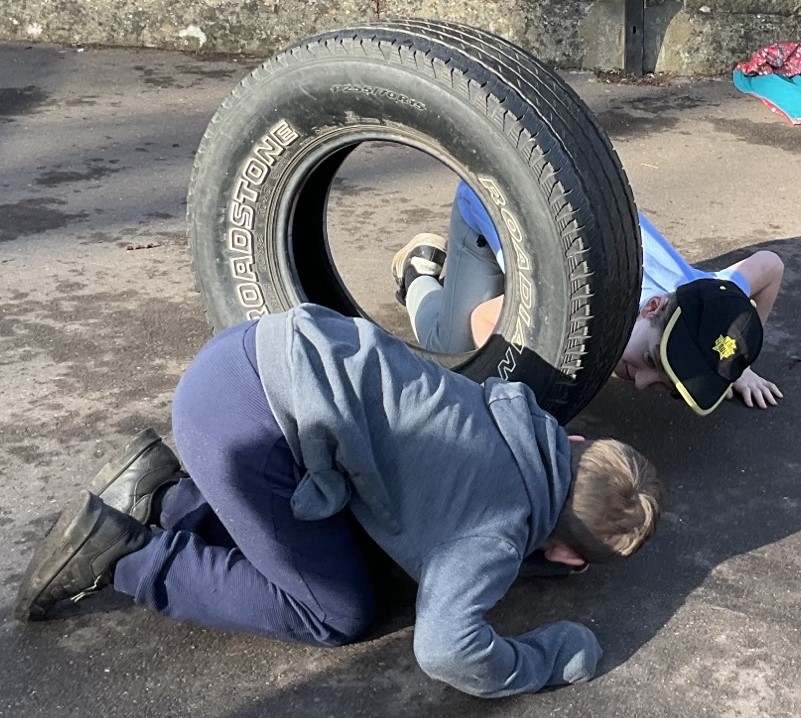Principles of Enlivened Learning
Enlivened Learning is about finding contexts for learning that really matter to children and provoke a powerful sense of needing and wanting to learn. It is learning that allows children to acquire powerful 21st Century habits of learning (such as curiosity, imagination, collaboration, persistence and discipline) as well as strong attainment and progress across the whole curriculum.
These are the principles that underpin the teaching and learning at Danehill:
Build a sense of purpose: We allow children to get into role (as historians, writers, artists etc) as a powerful way of building strong engagement. Working in a highly purposeful way towards authentic outcomes to which a wider audience can be invited, allows teachers to build a strong work ethic and high expectations.
Role model what good learners do: We all learn through imitation and our children will learn from our example. Teachers are aware of their own learning habits and, in all that they do, try to be the learners they’d like the children in their class to be.
Allow ideas to shape collaboratively: Human success has always depended on our ability to learn from each other. We find out what children already know and give them opportunities to learn from each other. We leave parts of the plan open so that ideas can shape and develop in exciting and sometimes unexpected ways.
Offer choice and trust: Having a choice about who to work with, what to work on, when and where to work etc can make an enormous difference to a child’s motivation to learn. We help children to develop a sense of responsibility and cooperation by trusting and guiding them to think for themselves.
Provide novelty: Many disruptive or overly passive behaviours can be attributed to a child’s unmet desire for novelty. We organise visits/visitors and other novel and stimulating experiences that give children the opportunities they need to explore and seek out the new.

